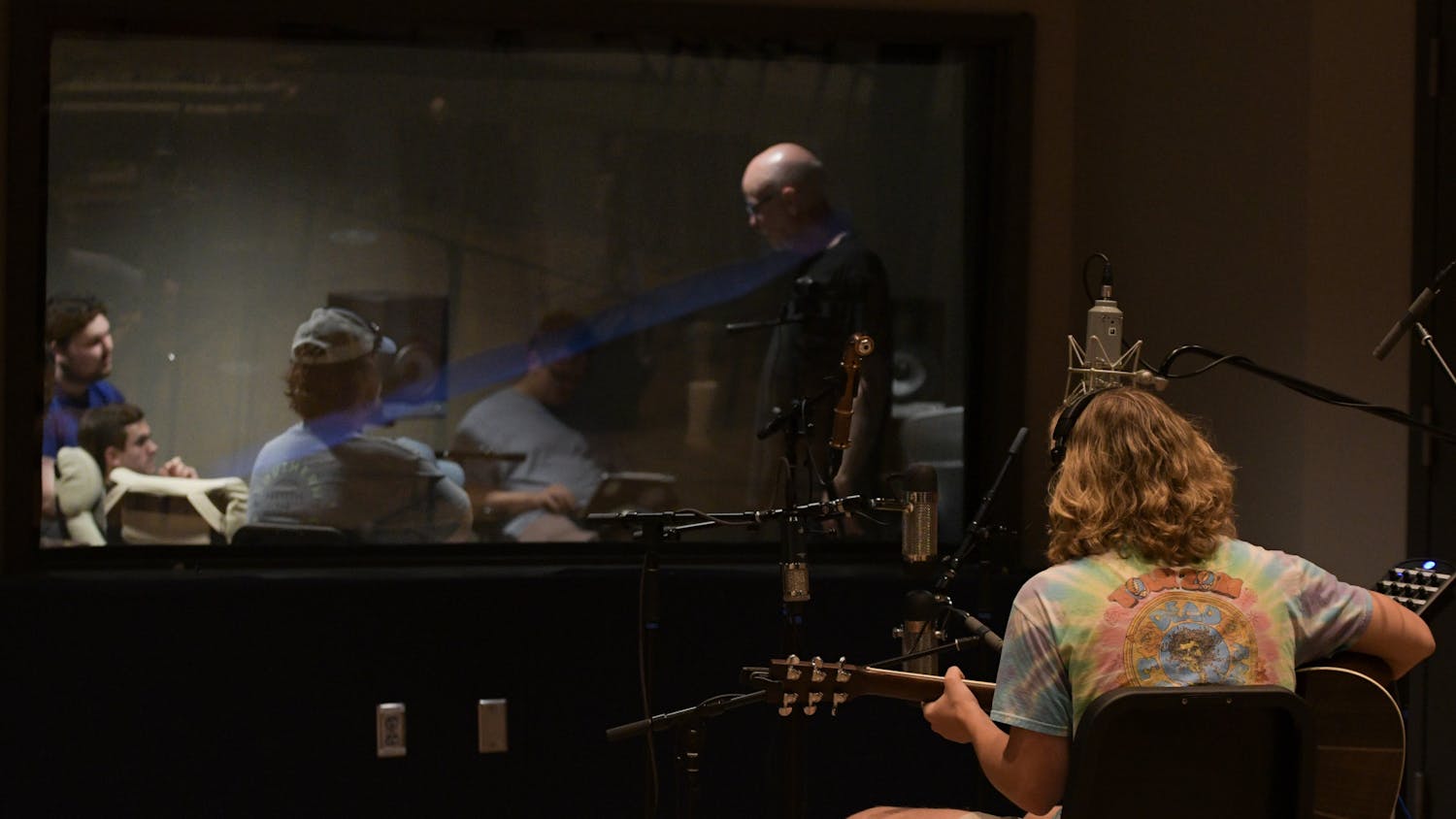Fifty-five percent of college students in clubs, teams and organizations experience hazing, according to the most recent study from the National Study of Student Hazing.
At Auburn University, hazing has been connected to two deaths, one in 1990 and another in 1993.
In recent years, the University suspended FarmHouse in 2009 and Sigma Chi 2013 on hazing allegations. Most recently, Phi Delta Theta was suspended this past February for hazing.
The University integrates the Alabama State Hazing Statute into its Anti-Hazing Policy and defines hazing as “any action taken or situation created intentionally or unintentionally whether on or off campus, to produce mental or physical discomfort, embarrassment, harassment, or ridicule.”
Hazing and failing to report hazing are both illegal in Alabama. Individuals can be found guilty of Class C misdemeanor for committing acts of hazing, according to Section 16-1-23 of the Code of Alabama.
An individual or organization participating in hazing or who knowingly allows it forfeits access to public funds, scholarships, awards and grants.
Christopher Lucas, Interfraternity Council Adviser, said one-third of the presentations IFC gives to freshmen and parents focus on hazing and hazing prevention.
Additionally, the Auburn Man Program, a new member education program among the 29 the IFC fraternities, requires 85 percent of each chapter's new members to attend weekly educational meetings for the first six weeks of membership, according to Lucas.
“I believe our undergraduates would say that cardinal sin number one right now at Auburn is hazing,” Lucas said. “And that’s the thing that will get you in the most trouble the fastest.”
John-Michael Roehm, Auburn University Center for Student Organizations coordinator, said because hazing happens in various organizations, the Center strives to educate student leaders. Roehm said many students are unaware of the full scope of actions constituting hazing.
“The simple fact is that all student organizations are bound to the Auburn University Student Organization Code of Conduct and the Code of Discipline, which strictly outline what hazing is,” Roehm said. “And as Alabama citizens, we’re all bound to the law. It’s illegal to haze. It’s not just you going to have to be on academic probation. You’re going to jail.”
The Office of Student Conduct addresses hazing at the student organizations presidents’ meeting and now residence life meetings each year, according to Nick Wiard, coordinator for Student Conduct.
“We’re expanding the scope of who we’re talking to about hazing,” Wiard said. “There’s a lot of focus on (fraternities) in the media, but I think also that scrutiny has created tons of research and a great deal of information and education out of that area, but it’s applicable to everybody.”
Pennsylvania-based lawyer Aaron J. Freiwald, who represented a hazing victim from Penn State University this year, said fraternities’ Code of Silence, in part, allows hazing to continue.
People experience psychological pressure that prevents them from escaping a situation, and a similar pressure exists when trying to make a change, Freiwald said.
“If something bad is going on in the dark, let’s turn the light on,” Freiwald said. “That takes people willing to stand up and talk about it. And stand up and challenge what’s wrong and ask that change be made. We’re really so far beyond just fun and games in many situations. But there is an attitude out there that sometimes we have to deal with.”
The University’s Stop Hazing website outlines types of hazing, specific university and state policies and a way to file a report.
Do you like this story? The Plainsman doesn't accept money from tuition or student fees, and we don't charge a subscription fee. But you can donate to support The Plainsman.



